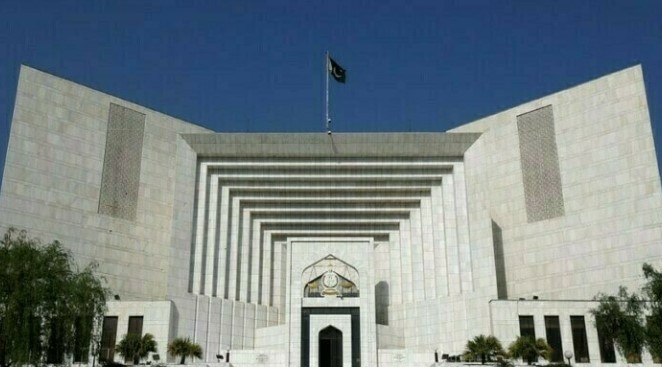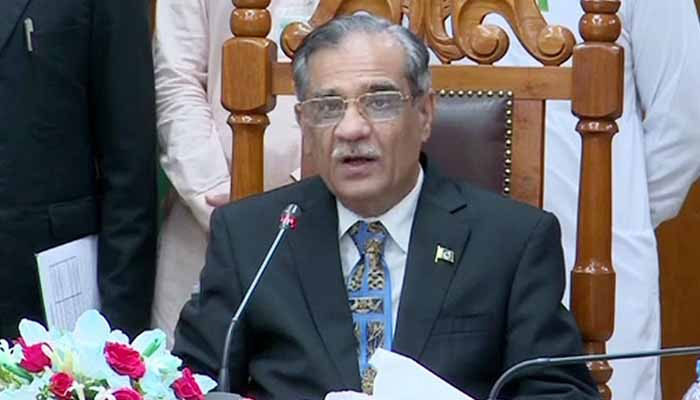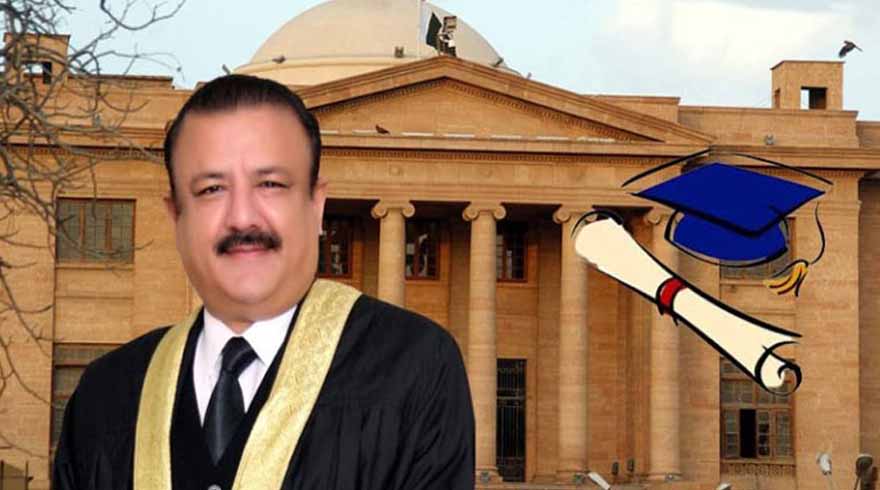LEGAL

The Supreme Court of Pakistan resumed hearings on Tuesday for a petition requesting a review of its 2022 verdict concerning the defection clause under Article 63-A of the Constitution. The review petition, filed by the Supreme Court Bar Association (SCBA), was taken up by a five-member bench led by Chief Justice Qazi Faez Isa. The bench also includes Justices Munib Akhtar, Aminuddin Khan, Jamal Khan Mandokhail, and Mazhar Alam Khan Miankhel.
Article 63-A, introduced to prevent "floor-crossing" by lawmakers, mandates that members of a parliamentary party must vote according to the party's directives on crucial matters, such as electing chief ministers or constitutional amendments. As previously outlined by former SC judge Faisal Arab, the provision aims to ensure lawmakers act in alignment with their party's stance during significant votes.
The hearing comes amid tensions as Justice Akhtar declined to hear the appeal, citing concerns over the inclusion of Justice Mazhar Alam Khan Miankhel as an ad hoc judge. Despite clarifying that his decision was not a recusal, Justice Akhtar expressed dissatisfaction with a four-judge bench handling the case rather than the original five-member panel.
Chief Justice Isa indicated his intention to persuade Justice Akhtar to participate in the hearing. However, should Akhtar continue to abstain, the bench would need reconstitution. Following discussions within the bench formation committee, Justice Naeem Akhtar Afghan was appointed to replace Justice Akhtar.
The controversy surrounding Justice Akhtar's decision to abstain is heightened by his removal from the bench-formation committee following an ordinance granting the Chief Justice broader authority in selecting members of this committee.
The Supreme Court’s ruling on Article 63-A in May 2022 declared that votes contrary to the parliamentary party lines should be disregarded, reinforcing the significance of party loyalty in legislative processes. However, the SCBA argues that the original intention of Article 63-A was to serve as a temporary measure to maintain stability during the Constitution's formative years. They assert that the court's interpretation effectively rewrites the Constitution, contrary to previous rulings advocating strict adherence to its explicit language.
The outcome of this review could have profound implications for the political landscape in Pakistan, particularly regarding the autonomy and accountability of lawmakers within the parliamentary system.




